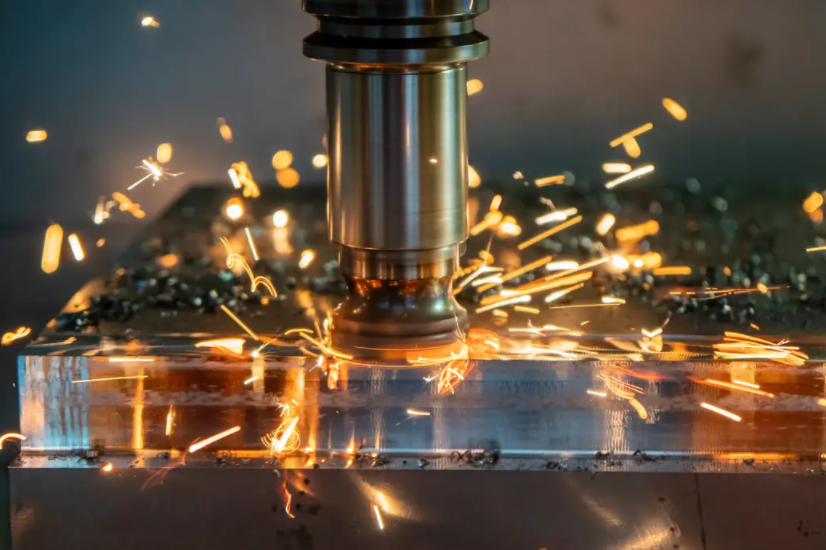Die casting is a manufacturing process that involves the creation of high-quality metal parts. This process is used in a variety of industries, including automotive, aerospace, and electronics. The process involves the use of a die, which is a metal mold that is used to cast the part. The die is filled with molten metal, which is then cooled and solidified to create the final product. In this article, we will explore the die casting process in more detail.
The die casting process begins with the creation of the die. The die is typically made from steel and consists of two halves. The first half of the die is called the \”cover die,\” and the second half is called the \”ejector die.\” The cover die is placed on top of the ejector die, and the two halves are clamped together. This creates a cavity in the shape of the desired part.
Once the die is created, it is time to prepare for casting. Molten metal is poured into a holding furnace, which is used to keep the metal at a consistent temperature. The metal is then injected into the die cavity using a high-pressure injection system. This system uses hydraulic pressure to force the molten metal into the die cavity, ensuring that it fills every nook and cranny.
After the metal has been injected into the die cavity, it begins to cool and solidify. The cooling process is critical, as it determines the quality of the final product. If the metal cools too quickly, it can cause defects in the part, such as porosity or shrinkage. To ensure that the metal cools evenly and at the right rate, the die is cooled using a water-cooling system.
Once the metal has solidified, the die is opened, and the part is removed. This is done using an ejector system, which uses pins to push the part out of the die cavity. The part is then trimmed and cleaned to remove any excess metal or flashing.
The die casting process offers several advantages over other manufacturing processes. One of the main advantages is that it allows for the creation of high-quality, complex parts with tight tolerances. This is because the die is made to the exact specifications of the part, ensuring that every detail is captured.

Another advantage of die casting is that it is a highly efficient process. It allows for the production of large quantities of parts in a relatively short amount of time. This is important for industries such as automotive and aerospace, where large quantities of parts are needed to meet demand.
In conclusion, die casting is a highly effective manufacturing process that is used to create high-quality metal parts. The process involves the use of a die, which is filled with molten metal and then cooled and solidified to create the final product. Die casting offers several advantages over other manufacturing processes, including the ability to create complex parts with tight tolerances and the ability to produce large quantities of parts in a short amount of time.
-

- Մագնեզիումի համաձուլվածքի ձուլում Ավտոպահեստամասերի լուսարձակների շրջանակ
-

- Magnesium alloy die-casting Auto parts Front bumper Anti-collision beam
-

- Հեծանիվներ երեխաների համար Մանկական հեծանիվներ 3-16 տարեկան երեխայի համար /OEM Baby Children Cycle Kids Mountain Bicycles 2022 թ.
-

- Magnesium alloy die-casting auto parts center control cover
-

- Մագնեզիումի համաձուլվածքից ձուլող էլեկտրական տրանսպորտային միջոցի միջնամասային շարժիչի պատյան
-

- Մագնեզիումի համաձուլվածքի ձուլման LED էկրանի շրջանակ

 0086-750-5616188
0086-750-5616188 +86 13392089688
+86 13392089688 sales@zhongmei-tech.com
sales@zhongmei-tech.com







